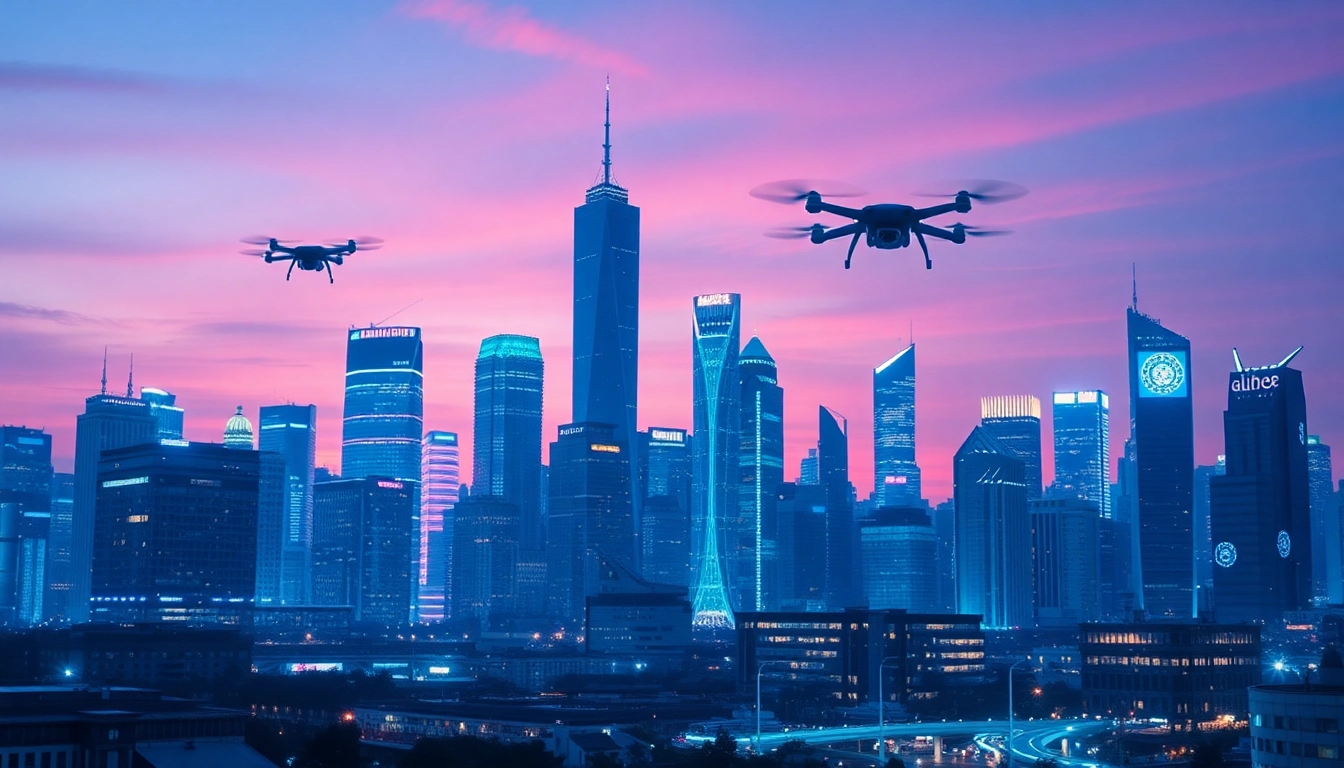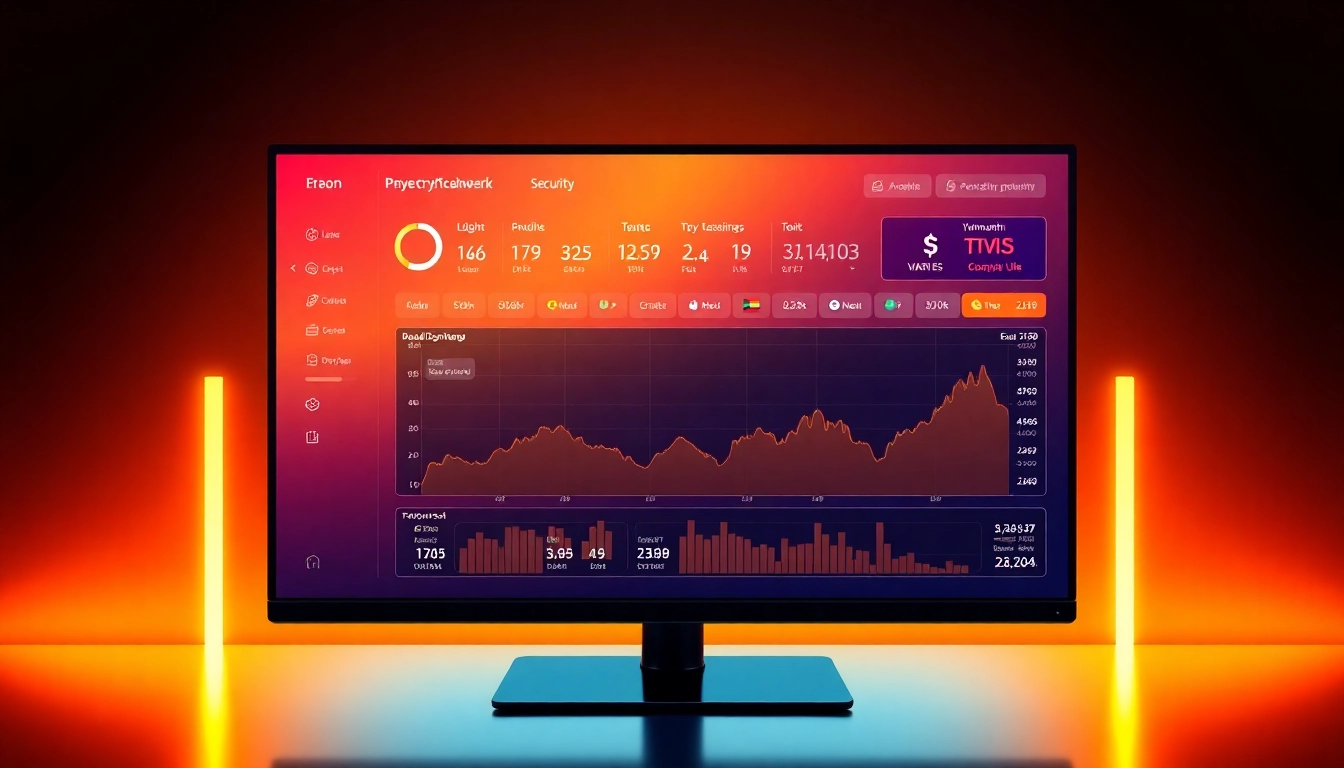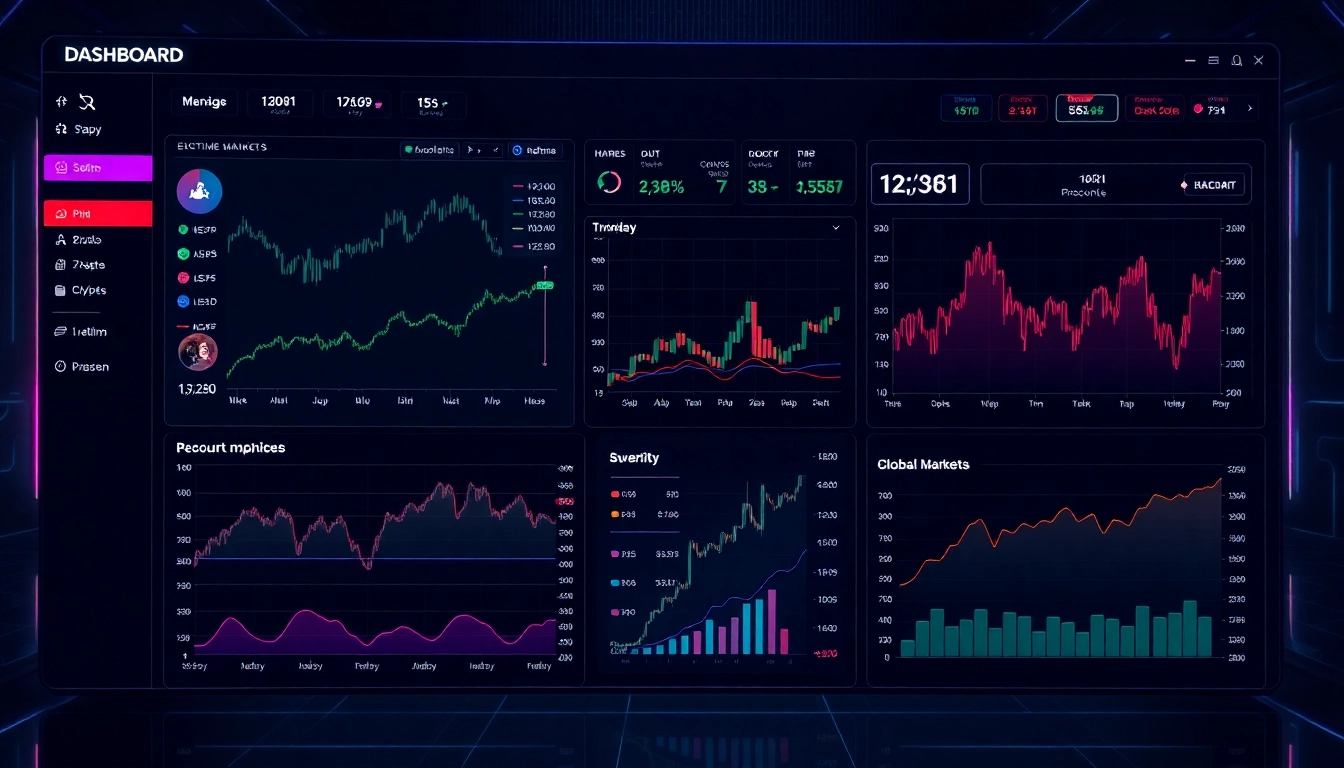Understanding Technology: Definition and Scope
Technology is an ever-evolving field that encompasses a wide variety of tools, techniques, and knowledge aimed at solving problems and enhancing human capabilities. Defined as “the science of the application of knowledge to practical purposes,” technology affects every facet of our lives, from the way we communicate to how we manage our health, work, and leisure time. This multifaceted nature means that to fully understand technology, we need to delve into its definition, applications, history, and ever-growing impact on society.
What is Technology?
At its core, technology refers to the use of scientific knowledge and practical techniques to solve issues or create new capabilities. It can range from simple tools and methods used in ancient times, such as the wheel or fire, to complex systems like artificial intelligence and biotechnology that define today’s contemporary landscape. Technology’s objective is often to enhance efficiency, improve quality of life, or achieve goals that would otherwise be unattainable.
Key Areas of Technological Application
Technology can be broadly categorized into several key areas, each focusing on specific applications and methodologies:
- Information Technology (IT): Encompassing everything from computer hardware and software to data management and cyber security.
- Medical Technology: This area has revolutionized healthcare with advancements like telemedicine, wearable devices, and robotic surgery.
- Manufacturing Technology: Leveraging automation, robotics, and advanced materials to enhance production processes and efficiencies.
- Communication Technology: Enabling fast and reliable communications through the internet, mobile devices, and social media platforms.
- Sustainable Technology: Innovations aimed at minimizing environmental impact, such as renewable energy solutions and eco-friendly materials.
The Evolution of Technology Through the Ages
The narrative of technology is one of continuous evolution. Starting from basic, ancient tools like flint knives and the discovery of agriculture, technology has progressed significantly through the following eras:
- The Industrial Revolution: Marking the transition to machinery that enhanced productivity exponentially, leading to urbanization and factory systems.
- The Digital Revolution: Introduced computers and the internet, transforming information accessibility, communication, and entertainment modalities.
- The Information Age: A period marked by the proliferation of data, where technology impacts nearly every aspect of our lives, including social dynamics, politics, and economics.
The Role of Technology in Daily Life
Today, technology is woven into the fabric of our daily routines, often going unnoticed until it is interrupted. Our ability to thrive in a modern, fast-paced world is heavily dependent on various technologies that enhance our productivity and interactions.
Everyday Examples of Technology
Examples of technology in our daily lives include:
- Smartphones: They integrate communication, entertainment, and productivity tools into one device.
- Wearable Fitness Trackers: Helping users monitor health metrics like heart rate and sleep patterns, enabling improved health management.
- Smart Home Devices: Such as thermostats and security systems that provide convenience and efficiency.
- Streaming Services: Offering on-demand content tailored to individual preferences, changing how we consume media.
Benefits of Technology in Personal Productivity
Utilizing technology can significantly enhance personal productivity:
- Time Management: Applications like calendar and task managers help individuals better allocate their time and prioritize tasks.
- Remote Work Capabilities: Tools such as video conferencing and collaborative software enable teams to work effectively from diverse locations.
- Learning and Development: Online learning platforms and educational resources expand opportunities for skill acquisition and personal growth.
Technology and Lifestyle Changes
As technology evolves, it shapes our lifestyles and perspectives:
- Social Connectivity: Social media platforms connect individuals globally but also present challenges in authentic interactions.
- Health and Fitness: The availability of health apps, online consultations, and fitness trackers has made health management more accessible.
- Work-Life Balance: While technology facilitates work-from-home arrangements, it can also blur the lines between personal and professional time.
Challenges Posed by Technological Advancements
Despite the numerous benefits associated with technological advancements, significant challenges arise that affect individuals and societies alike.
Digital Divide and Accessibility Issues
As society becomes increasingly reliant on technology, the digital divide between those with access to technology and those without becomes more pronounced. This divide can be based on socioeconomic status, geographic location, and education level, potentially leading to social inequalities and limiting opportunities for those without access.
Data Privacy and Security Concerns
As technology gathers more personal data, concerns regarding privacy and security are escalating. Cyberattacks, identity theft, and data breaches threaten consumer trust and can lead to broader implications for organizations and societies. Adamantly guarding personal information has become critical in today’s digital environment.
Environmental Impact of Technology
The environmental footprint of technology is another crucial concern, particularly in terms of electronic waste (e-waste) and energy consumption. The rapid pace of technological advancement can lead to significant waste as old devices are discarded in favor of newer models. Sustainable practices are essential for mitigating these impacts and promoting responsible usage of technology.
The Future of Technology: Trends to Watch
Looking ahead, several trends are poised to influence the trajectory of technology and its role in society.
Innovations on the Horizon
Emerging innovations such as quantum computing, biotechnology, and advanced materials are set to transform industries. These fields offer unparalleled opportunities to solve complex problems, improve efficiency, and create new markets that were previously unimaginable.
The Role of Artificial Intelligence and Automation
Artificial intelligence (AI) and automation continue to be at the forefront of technological advancements. AI is not only transforming industries and jobs but is also enhancing user experiences through personalized services. Automation in manufacturing and service sectors is optimizing processes, reducing costs, and increasing productivity.
Sustainable Technology Solutions
The emphasis on sustainability and environmentally-friendly practices in technology is growing. Renewable energy solutions, such as solar and wind power, alongside energy-efficient appliances and electric vehicles, are critical for mitigating climate change and preserving natural resources for future generations.
Conclusion: Embracing Technology for a Better Tomorrow
Technology plays a crucial role in shaping modern society, offering myriad benefits while presenting challenges. To harness its full potential, it is vital to embrace change while fostering an environment that promotes responsible use and equitable access.
Summarizing the Benefits of Technological Integration
Technological integration presents countless benefits, including improved quality of life, enhanced productivity, and increased connectivity. As technology continues to evolve, its positive implications can help address some of society’s most pressing challenges.
Encouraging Responsible Use of Technology
Fostering a culture of responsible technology use is essential to ensure that its advantages are enjoyed universally. This includes promoting digital literacy, ethical practices, and awareness of privacy issues to create an informed user base.
Community and Collaboration in Technological Progress
Collaboration across communities, businesses, and government agencies is key to driving innovation and ensuring equitable access to technological advancements. By working together, we can cultivate an inclusive environment that emphasizes the importance of technology in creating a better tomorrow.



